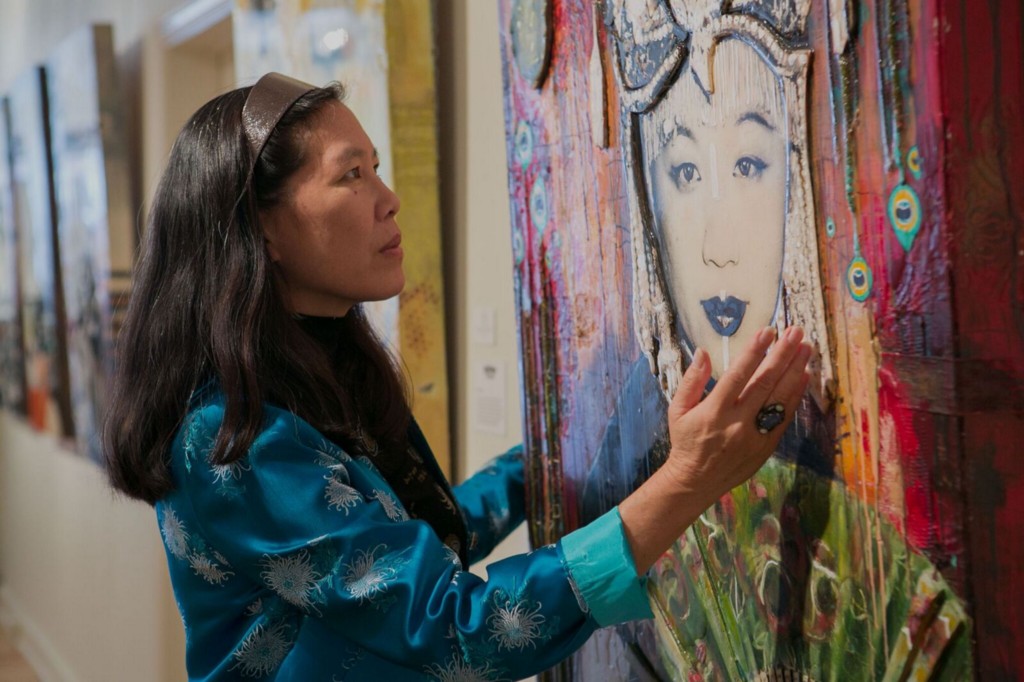Pick of the Day: “Finding Kukan”
Here are a few factoids about “Kukan,” the 1941 documentary about China during Japan’s WWII invasion and occupation: Its title is a term that refers to perseverance in the face of immense struggle. The film was one of the...

Here are a few factoids about “Kukan,” the 1941 documentary about China during Japan’s WWII invasion and occupation: Its title is a term that refers to perseverance in the face of immense struggle. The film was one of the few projects of its time to focus on the war’s impact on Asia, as opposed to Europe. It was the first American feature doc to win an Oscar. Until the past decade or so, the film was considered lost — as in no prints or copies were thought to have survived. And Li Ling-Ai, “Kukan’s” producer and driving force, has never received proper credit for her role in bringing it to life.
In her own doc, “Finding Kukan,” filmmaker Robin Lung takes a multi-year journey to learn about the making of “Kukan,” find out if it was indeed lost to history, and shine a long overdue light on Li and her contributions to cinema. Having previously screened at fests like DOC NYC and aired on PBS, “Finding Kukan” is getting a special run on WORLD Channel in honor of Women’s History Month.
An author, dancer, playwright, theater director, relief worker, licensed pilot, and all around cool-sounding person, Li was born in Hawaii to first-generation Chinese immigrants. She was the one who realized the real story of what was happening in China during Japan’s occupation needed to be told. She was the one who encouraged journalist Rey Scott to go to China and document what he saw. She bankrolled “Kukan” by selling her jewelry and was involved in its publicity and the efforts to find it a distributor. There’s no question about it: Li was that film’s producer. It was her passion project. But in the official credits, she was (and still is) only listed as its technical advisor.
If Li had been a white man, I have little doubt she would’ve received the credit she deserved. The racist, sexist norms of the time kept her from being recognized for an important film that, to be blunt, simply would not have existed without her. But, while Li never got her moment in the spotlight during her life (she died in 2003) and likely never saw “Kukan” again after the ’40s, she posthumously made her way back into the history books thanks to Lung and “Finding Kukan.”
Lung’s doc is a fascinating dive into a forgotten chapter of cinema history as well as a damning case study in how pioneering women of color have repeatedly been denied acknowledgement for their achievements. Watching “Finding Kukan,” you can’t help but wonder how many other underrepresented folks did trailblazing work that ended up being credited to some white dude.
As Lung told us, “’Finding Kukan’ is very much about lost history and historical exclusion. Contemporary characters in our film benefit in profound ways by recovering lost history yet there is ultimately a sense of loss at the end of the film. Much of Li Ling-Ai’s story can’t be recovered because it was never documented in the first place.” She continued, “I’d like audiences to think about who the missing characters are from their own chapters in history and question why those people haven’t been celebrated, recognized, or remembered. Hopefully that will cause audiences to document the stories that really matter to them, allowing those stories to survive and guide future generations.”
“Finding Kukan” premieres on WORLD Channel tonight, March 24, at 8 p.m. EST/7 p.m. CST. It will be available on worldchannel.org and the PBS app through April 8. Lung wrote the doc with Shirley Thompson.

 ShanonG
ShanonG 
































